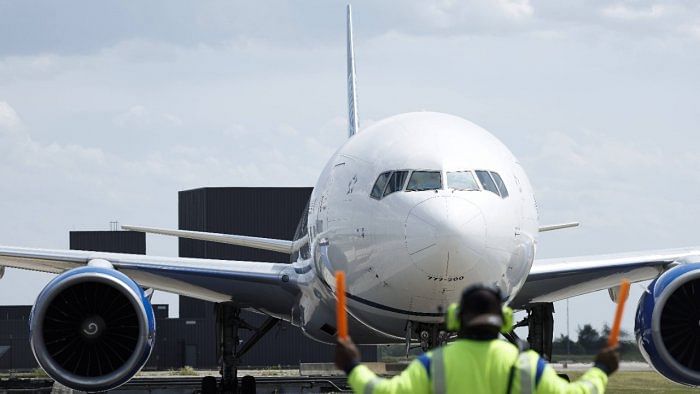
The ongoing financial crisis in Sri Lanka has provided one more business opportunity to Kerala with many airlines operating from Sri Lanka now dependent on Kerala airports—mostly the Thiruvananthapuram international airport—for refuelling.
Since last week of May, the technical landing for refuelling brought in additional revenue of around Rs 1 lakh per flight to the airport operators, while the state government got revenue from the tax on aviation turbine fuel (ATF). The state government had reduced the tax on ATF to five percent for international carriers in a bid to attract more flights for refuelling.
In the time since the end of May, around 55 aircraft made technical landings at the Adani group-run Thiruvananthapuram airport to fuel up. Last week, the Cochin International Airport, too, started facilitating technical landing for refuelling, with about 10 flights having refuelled at the Cochin airport since.
Aviation sector experts said that the Thiruvananthapuram airport has potential to become a hub of aircraft refuelling. Former airport director V N Chandran said that the Singapore-Gulf air route passed over Thiruvananthapuram, and around 200 flights used to fly along the route every day. Thus, Thiruvananthapuram airport’s potential to become a refuelling hub is quite high. However, as flights become more advanced, the requirement of technical landing for refuelling reduces.
Sources at the Thiruvananthapuram airport said that along with refuelling, crew change was also being allowed at Thiruvananthapuram because of the situation in Sri Lanka. Among the 55 flights that came for refuelling at Thiruvananthapuram, 44 were of Sri Lankan Airlines. The remaining included Fly Dubai, Oman Air and Air Arabia. A Gulf Air flight is expected on Tuesday, and there were many more similar enquiries, sources said.
The Cochin International Airport, run by state government managed-public private partnership company Cochin International Airport Limited (CIAL), was also receiving more enquiries, said CIAL managing director S Suhas.
With increased cargo movement, sea ports in Kerala, as well as Tamil Nadu, have also benefitted from the crisis in Colombo, as some main line vessels were diverted to the Indian ports.